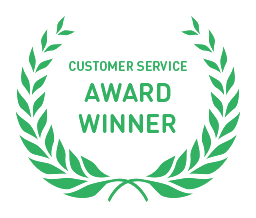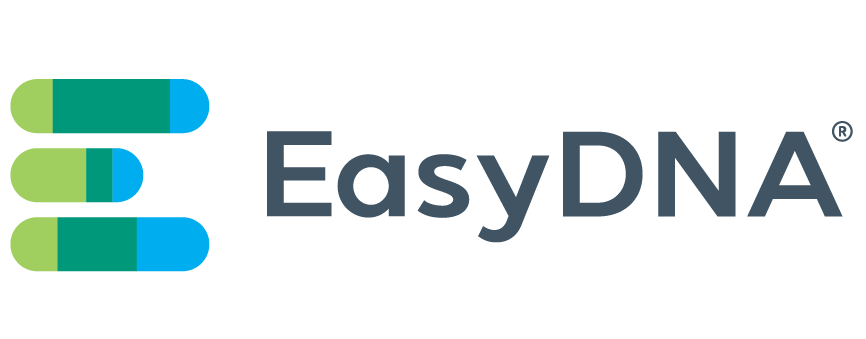Your DNA Test Specialist in New Zealand
EasyDNA New Zealand offers you fast and affordable home DNA testing that is highly accurate and confidential. Our DNA tests are conducted with state of the art equipment and are competitively priced making them affordable and accurate. Your samples will be analyzed in a NATA or international equivalent accredited ISO 17025 laboratory in Australia for your assurance and full peace of mind. We know that doing a DNA test is not a straightforward choice and picking the right company will ensure your peace of mind. So why not choose EasyDNA? Our comprehensive genetic marker DNA paternity test starts from just $345 or testing alleged father and child, and you get your results in just 5-7 working days from receipt of samples at the laboratory. There are NO EXTRA FEES.

Featured On:





Why Choose Us
We offer reliable and quick ISO17025 and NATA accredited tests, with everything done in total confidence; we would not expect you to settle for less. We have been in DNA testing for over 12 years and are still amongst the leading companies in New Zealand, so you can assure yourself that EasyDNA is a company on which you can depend. We understand how emotionally challenging and traumatizing it can be to need or want to take a DNA test. We really do care about every client’s experience with our company, and this is why we place such a strong focus on customer support. You can contact us by email, telephone, live chat, or you can even request a call back system to have us telephone you. To us, every client is unique and every case is different. Why not read our client testimonials?
We Support:





Quality
Quality is in our DNA. We maintain the highest levels with every DNA test to provide you with a service that is faultless.
Accreditation
With the highest, globally recognised accreditations, you can be assured that we’re operating to the highest standards in the industry.
Customer Care
We are a local DNA testing company with a team of experts ready to answer all your questions and guide you throughout the process.
How It Works
1
Order Test Kit
2
Send Samples
3
Receive Your Results
Our Tests
EasyDNA has a vast range of tests available including relationship testing, health testing, and paternity testing. Tell us your relationship queries, send us your samples and EasyDNA will give you the answers in just a few working days.
Samples for many of our tests, including relationship testing, paternity testing, DNA ancestry testing and DNA profiling are generally collected using oral swabs which we provide in a sample collection kit. However, our tests can also be performed through non-standard samples such as hair, clothing and cigarette butts. Visit our DNA Forensic Services section for more information about the many types of samples we test. EasyDNA has also been featured on radio interviews and media all over the world, adding to your reassurance that we are a reputable and trusted company. In channel Seven’s popular drama Home and Away, EasyDNA New Zealand was selected as the trusted DNA testing company to feature in their dramatic DNA paternity test storyline. Click here to watch the scenes.
Your DNA Samples
Once your Order has been placed for your test, Our DNA testing kit will normally be dispatched to you by post and is received within only 2-4 business days, depending on where you live in New Zealand. For further convenience, your kit can also be collected in person from one of our offices with prior arrangement and once your case number has been allocated. Our accredited paternity test for alleged father and child is priced at only $345 with results in only 5-7 working days. This price is all-inclusive and includes the paternity test kit sent by post, sample analysis, and the test report confirming your results. If the father is not available for the test, we can recommend other relationship tests which can help you confirm paternity without actually testing the alleged father. We also offer a highly accurate non-invasive prenatal paternity test if you wish to confirm paternity during pregnancy which has a 0% right for you and your baby. This test can be done at just 8 weeks of pregnancy.

